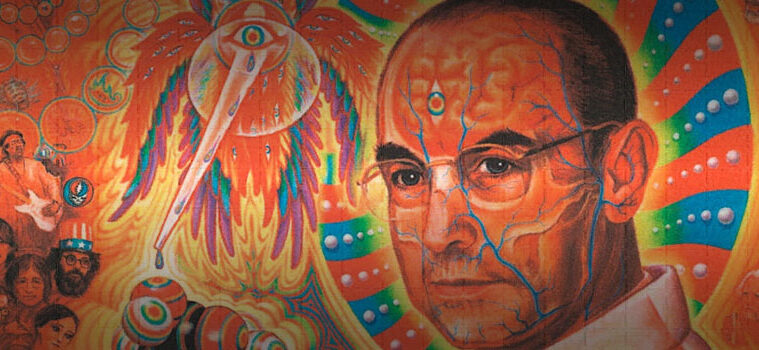AUDIO – DON’T BLAME ALBERT HOFFMAN –
July 18, 2024 – Dr. Nico Dosenbach had scanned his own brain dozens of times. But this was the first time he’d taken a high dose of psilocybin, before sliding into the MRI tunnel. The results suggest that psychedelic drugs work by disrupting certain brain networks, especially one that helps people form a sense of space, time and self. “For the first time, with a really high degree of detail, we’re understanding which networks are changing, how intensely they’re changing and what persists after the experience,” says Dr. Petros Petridis of New York University’s Langone Center for Psychedelic Medicine, who wrote an editorial accompanying the study.
The research also provided a close look at how these drugs temporarily enhance the brain’s ability to adapt and change, an ability known as plasticity.
The disruptions in brain networks appear to be “where the plasticity effects of psychedelics are coming from,” says Dr. Joshua Siegel, a researcher at Washington University and the study’s lead author.
If that’s true, he says, it could explain why psychedelics appear to help people with addiction or depression.



